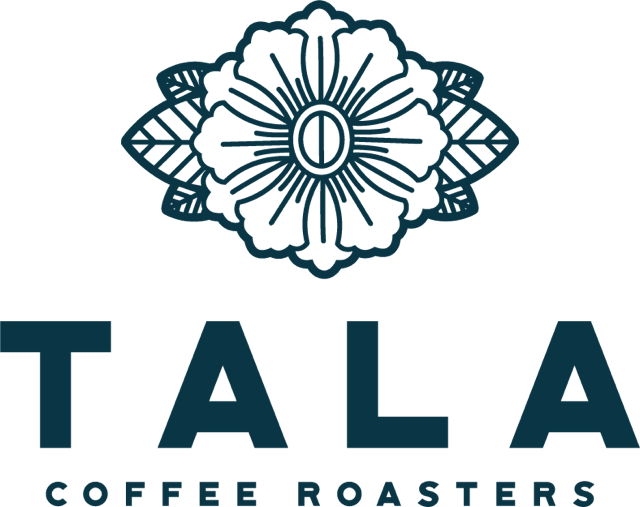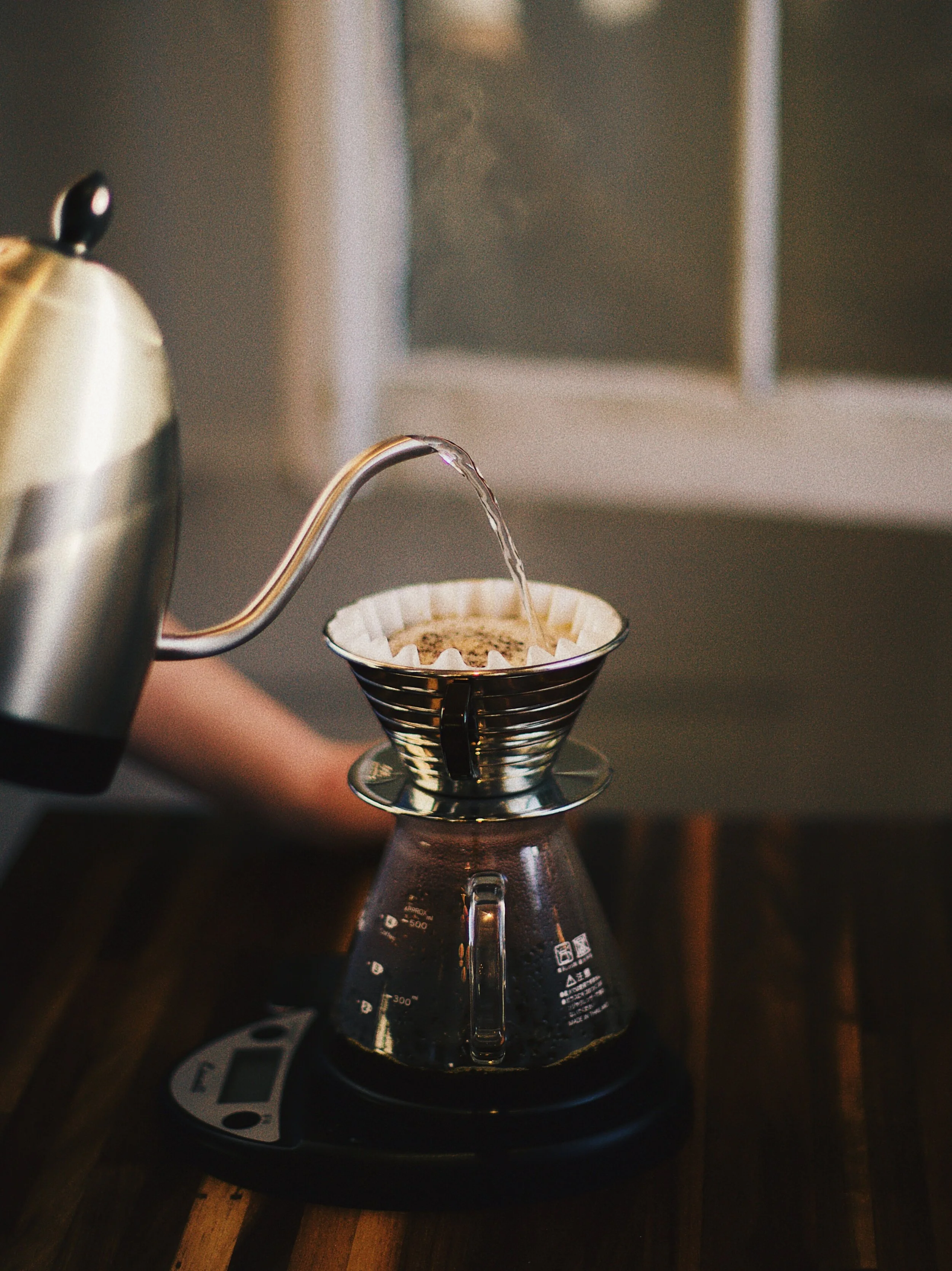Birambu Micro Washing Station: Kalungu, DR Congo
From the Importer
SOPACDI (Solidarité Paysanne pour la Promotion des Actions Café et Development Intégral) is an organization comprising more than 5,600 farmers, roughly 20 percent of whom are women, located near Lake Kivu in the Democratic Republic of Congo. Each farmer has a very small area of farmland for coffee (fewer than 2 hectares on average), and tenders cherries to SOPACDI through the organization's 10 collection subgroups. Joachim Munganga, who was a farmer himself, founded SOPACDI in 2003 by restoring a washing station in the area, which provided service and market access to the growers in these extremely remote highlands. Before he undertook this work, farmers had little to no means to transport coffee to the markets, and instead were forced to simply barter their coffee locally for food, clothing, and necessities. The cooperative was the first to achieve Fair Trade certification in Congo, and the coffee also carries organic certification. Members of the cooperative represent several different ethnic groups, speaking Kirundi, Kinyarwanda, and Kihavu, and many of the women members are widows. These coffees are traceable to the individual washing stations, where members will deliver their coffee in cherry form and receive payment for what they bring, based on volume. After that point the coffee is sorted and will be separated into lots depending on the day and the quality, which makes it impossible to know which farmers’ coffees are in which lots. At this washing station, coffee is depulped the day it is delivered, and fermented dry for 12 hours. Then it spends 12 under water before being passed through the washing canal, and then it is soaked for an additional 12 hours. The coffee is dried on raised beds under a cover of shade for 14–20 days. This particular "microstation" serves 90 producers, including 21 women. The group represents about 30 total hectares of coffee farmland, which is about 1/3 hectare per producer on average.
From the Roaster
The Democratic Republic of Congo has emerged on the specialty coffee scene somewhat recently but always seem to lag behind in quality and flavor compared to more established coffee growing areas. Until now, we hadn’t had the privilege of ever drinking any delicious coffees from here, but upon sample roasting, this one looked very promising. And during a recent blind cupping, it clearly stood apart from 19 other coffees because of its big, sugary sweetness. Its coffees like this that show that more big things are to come from the DR Congo. Clear notes of sweetened rooibos tea, juicy melon and honeydew, and caramelized sugar make this one especially sweet, beautiful coffee.
How we’re brewing it
Here’s how we’re brewing this coffee in our cafe. We use the Barazta Vario grinder and a Kalita dripper in this recipe.
Grind size: 7W (Medium)
Coffee dose: 26
Water dose: 400g
Brew time: 3:30
Water temp: 208F
Yield: 12oz

